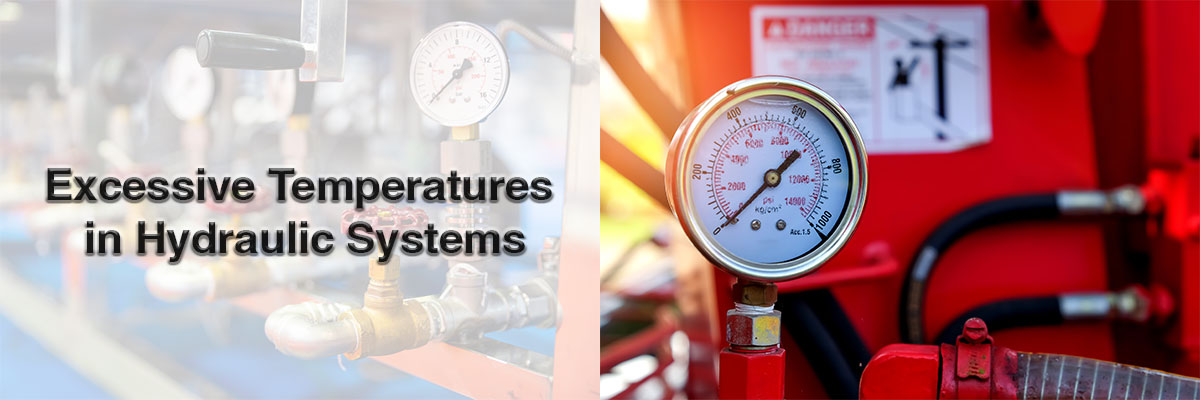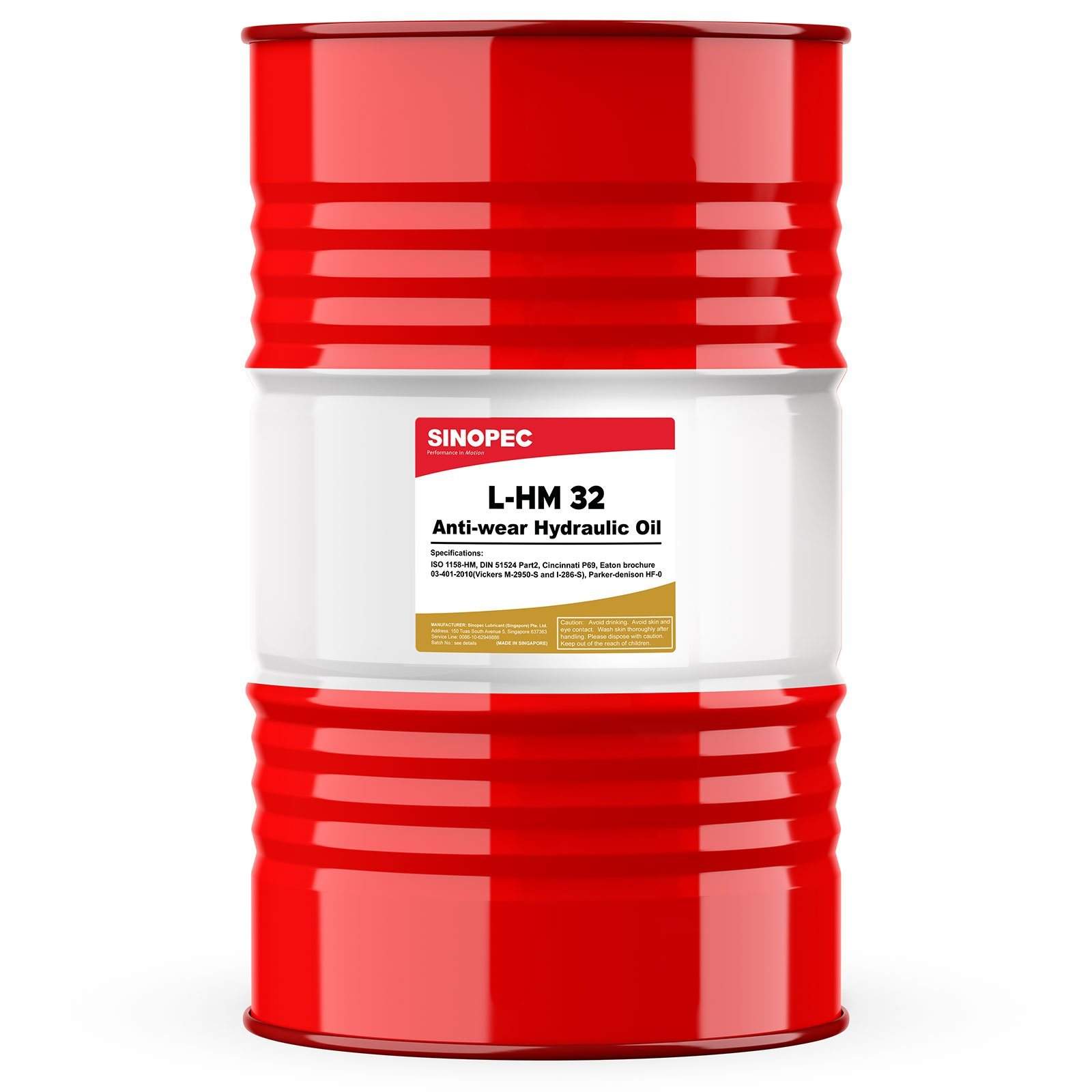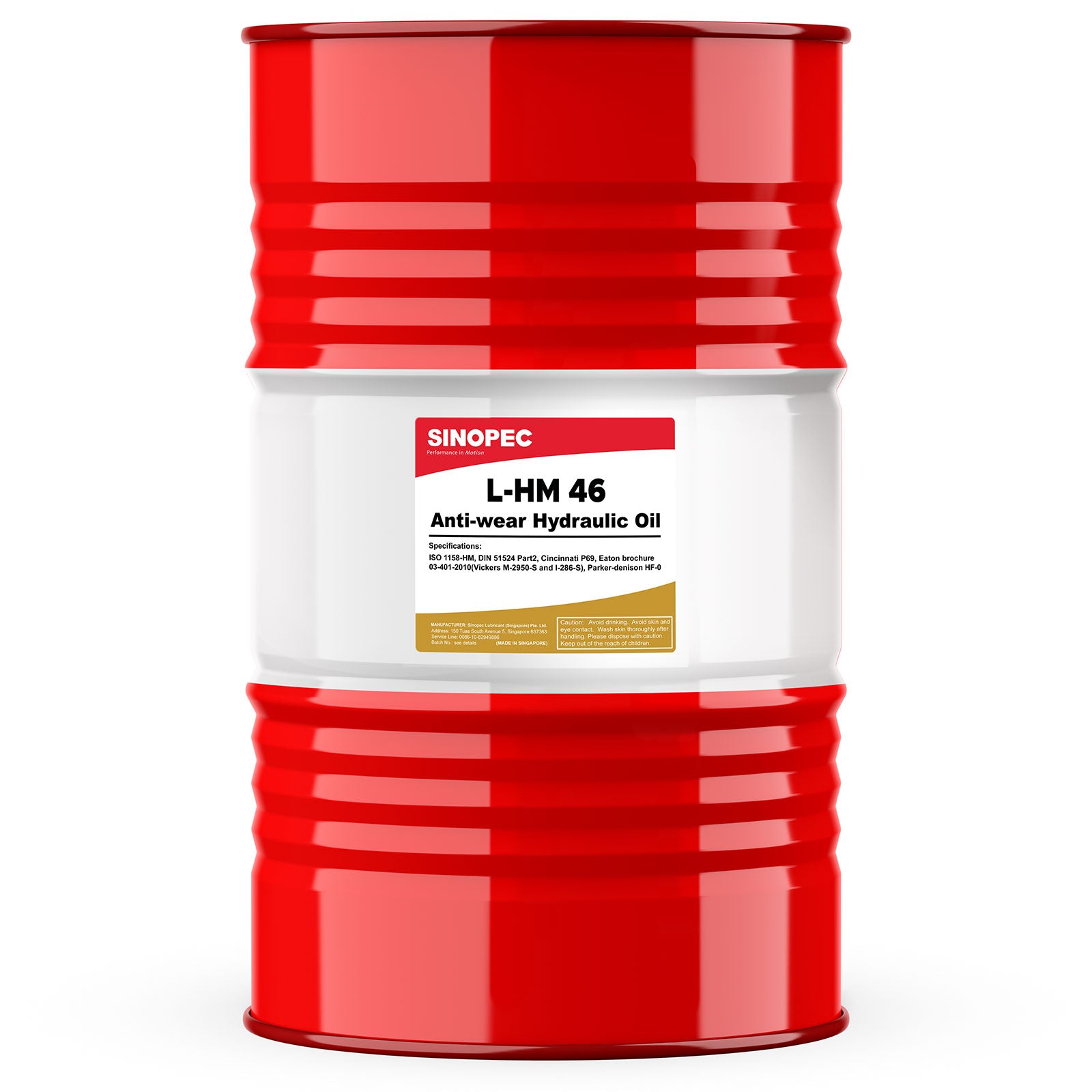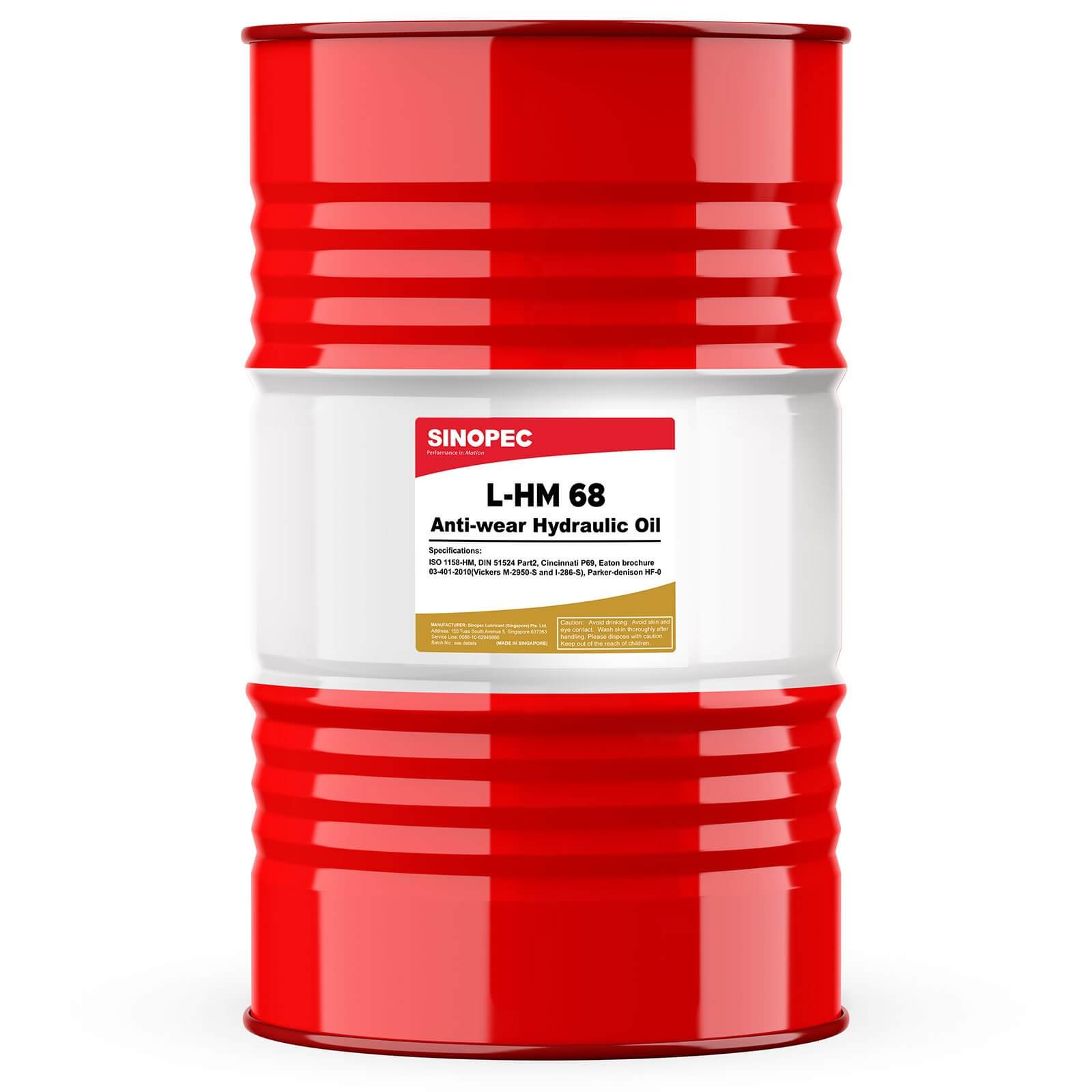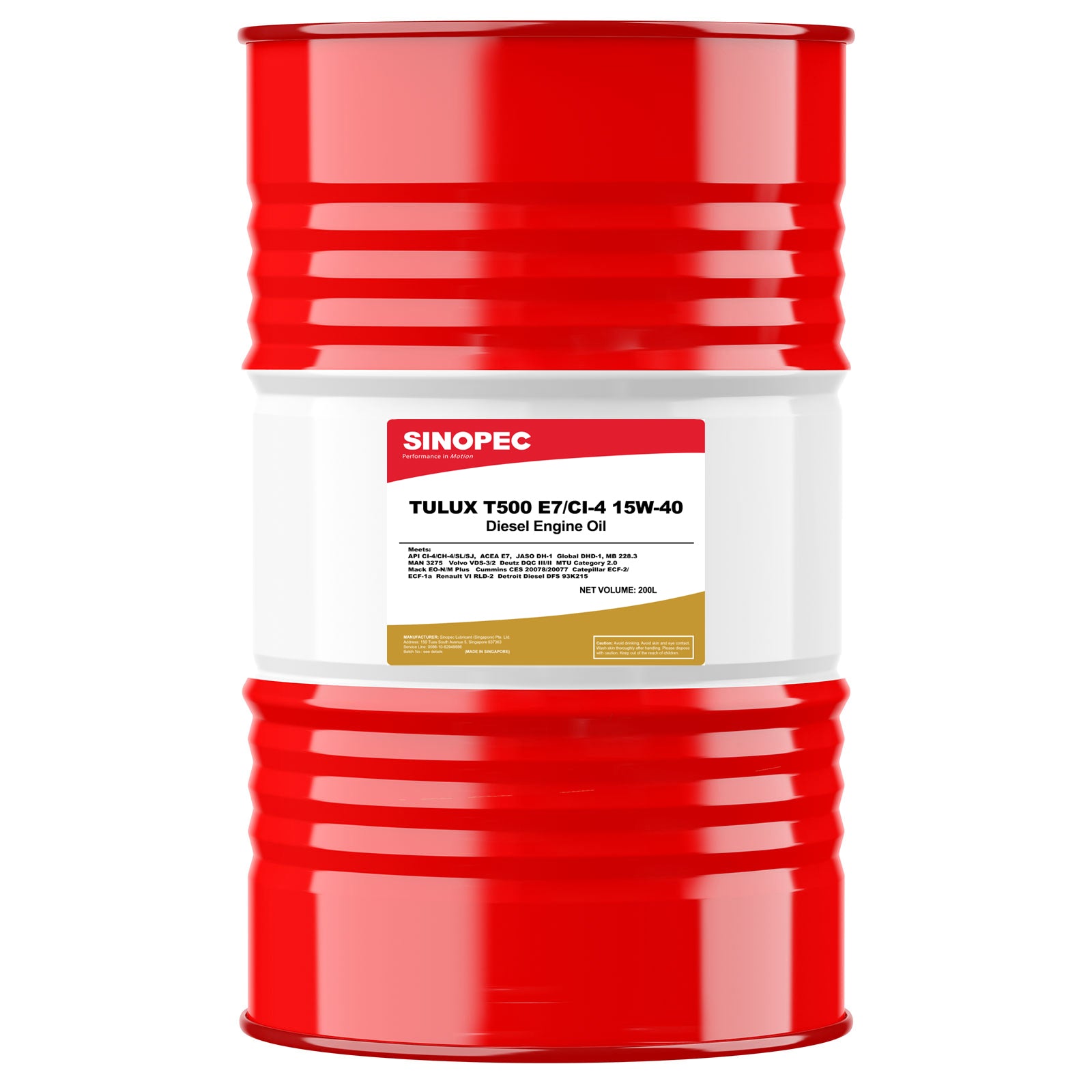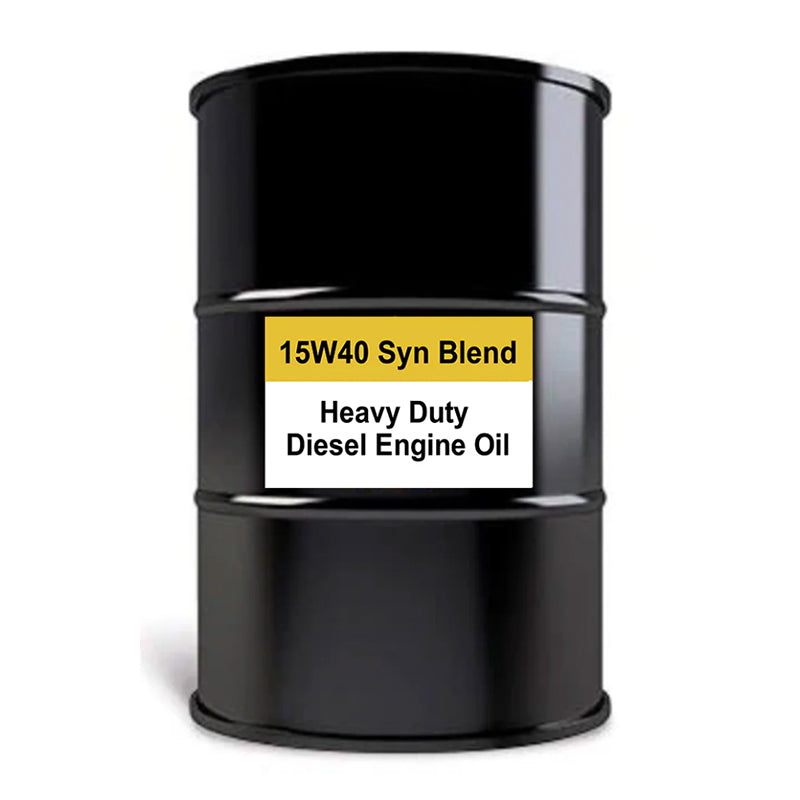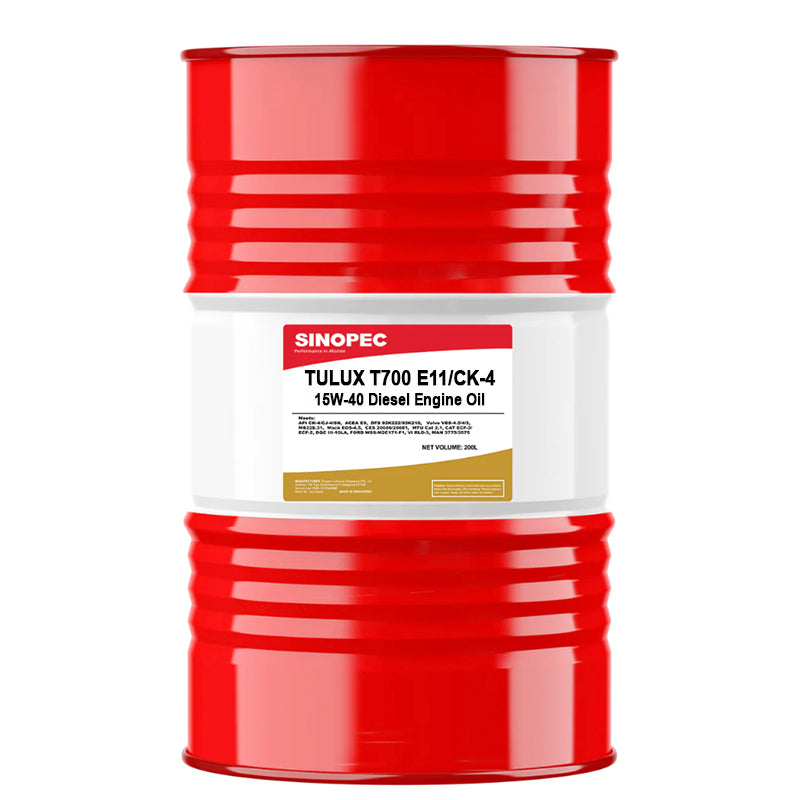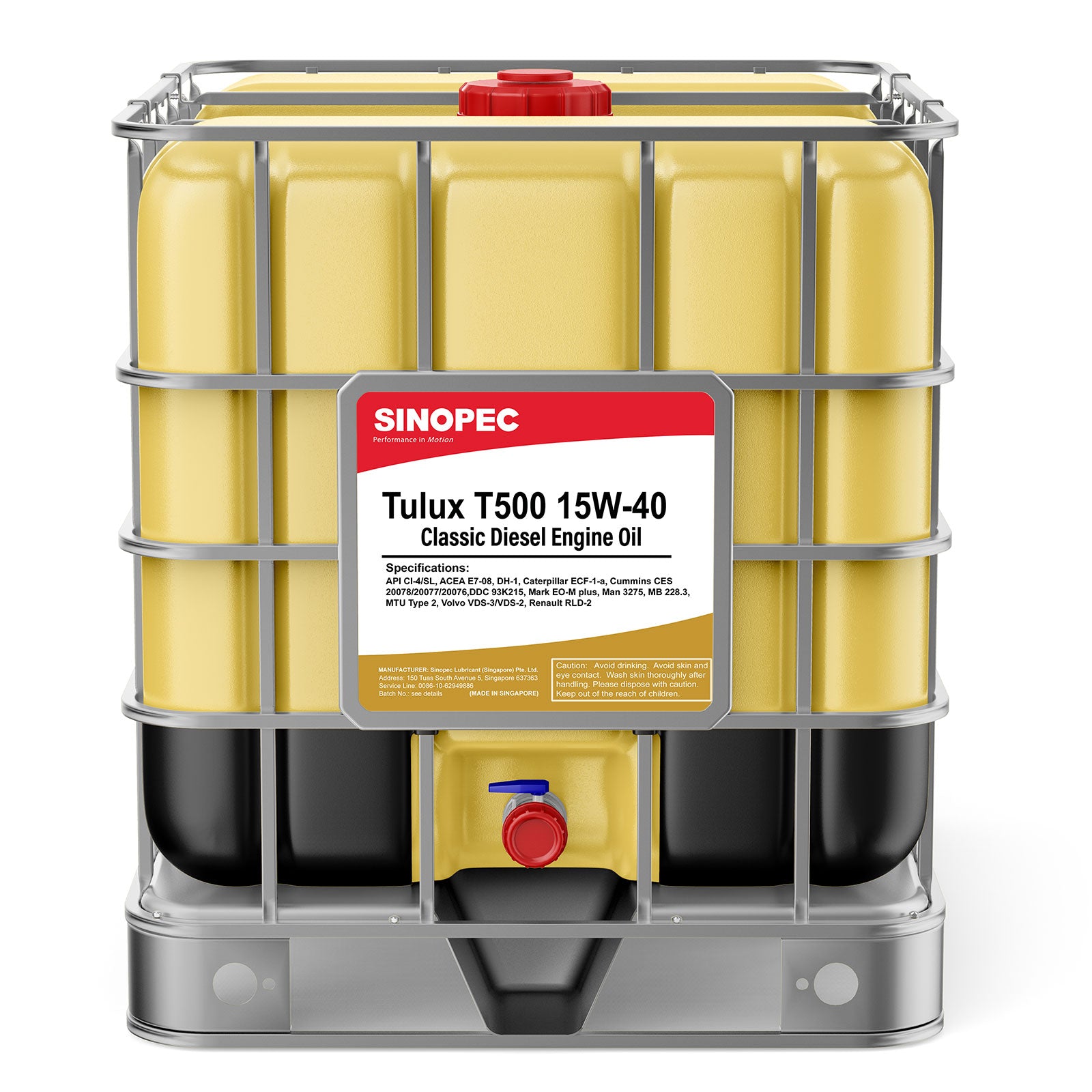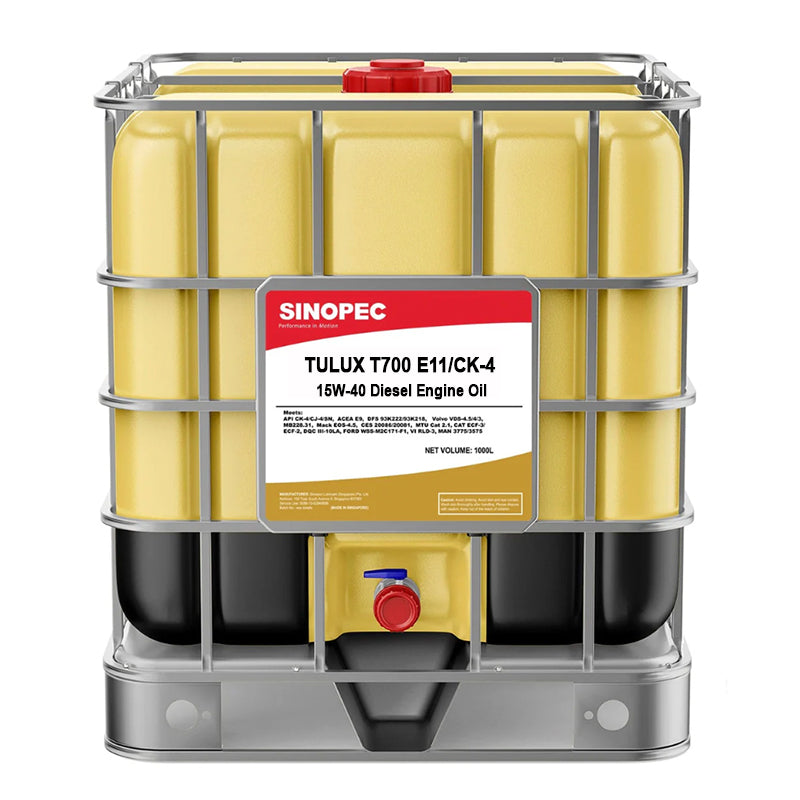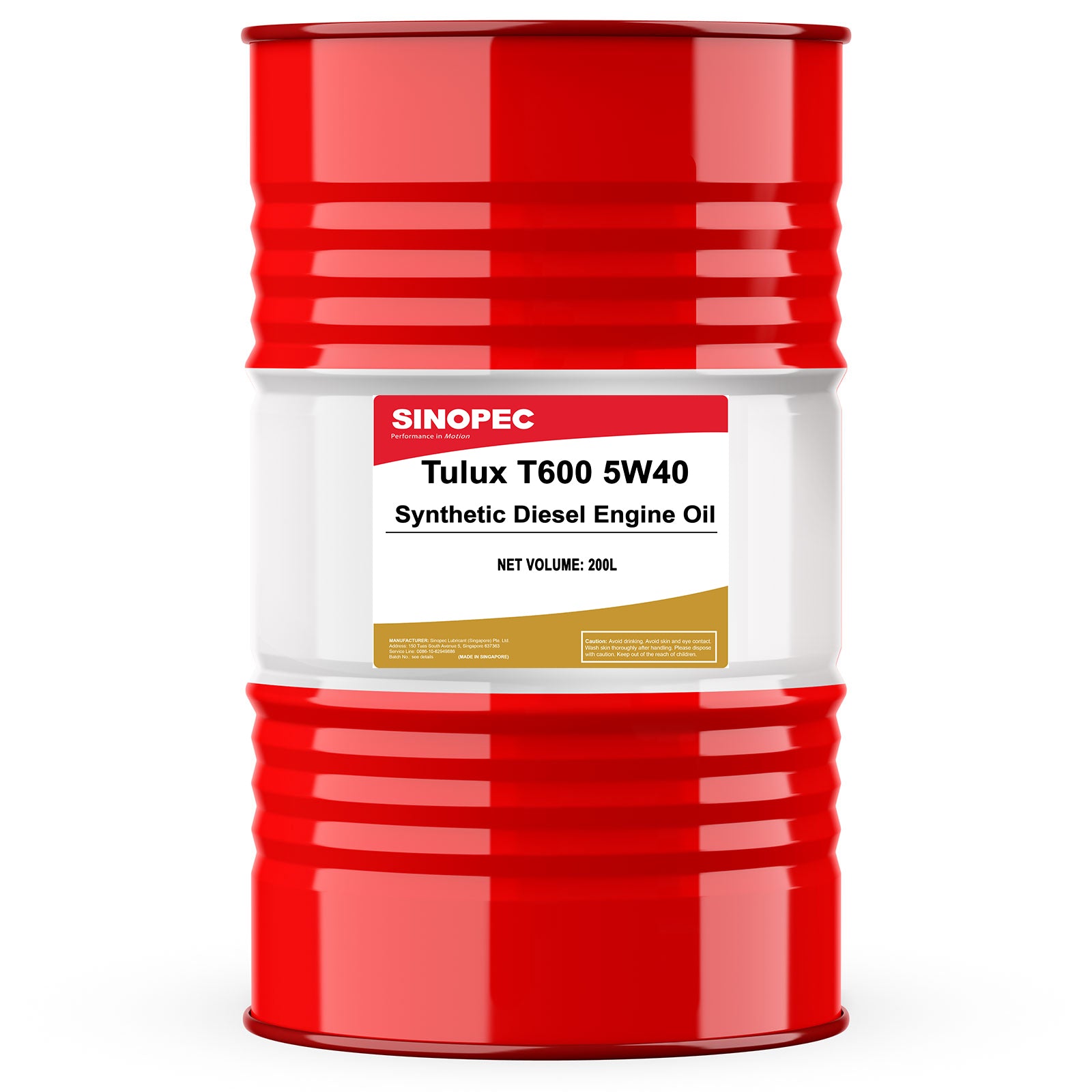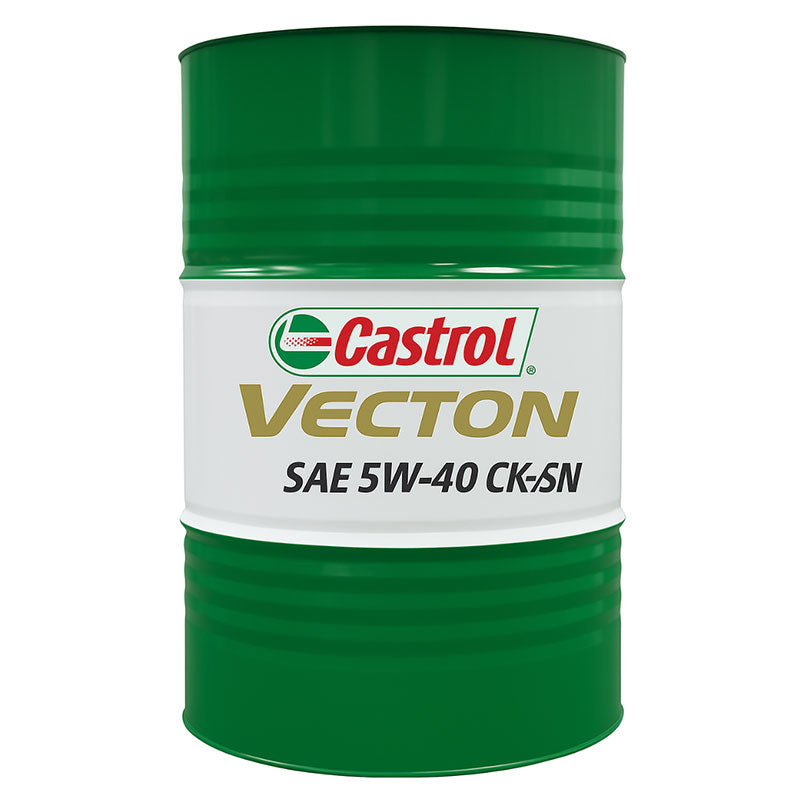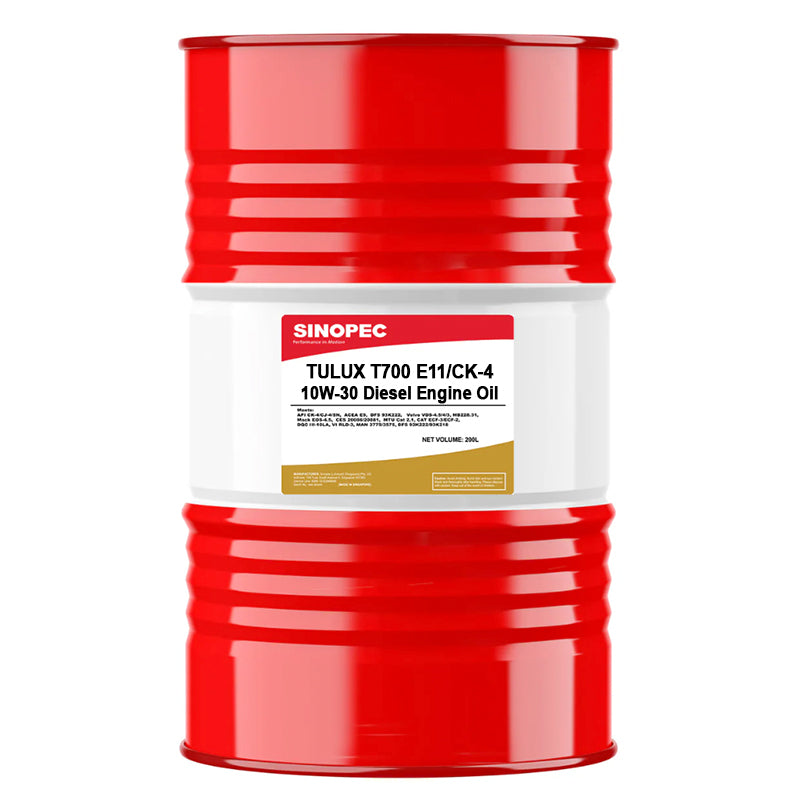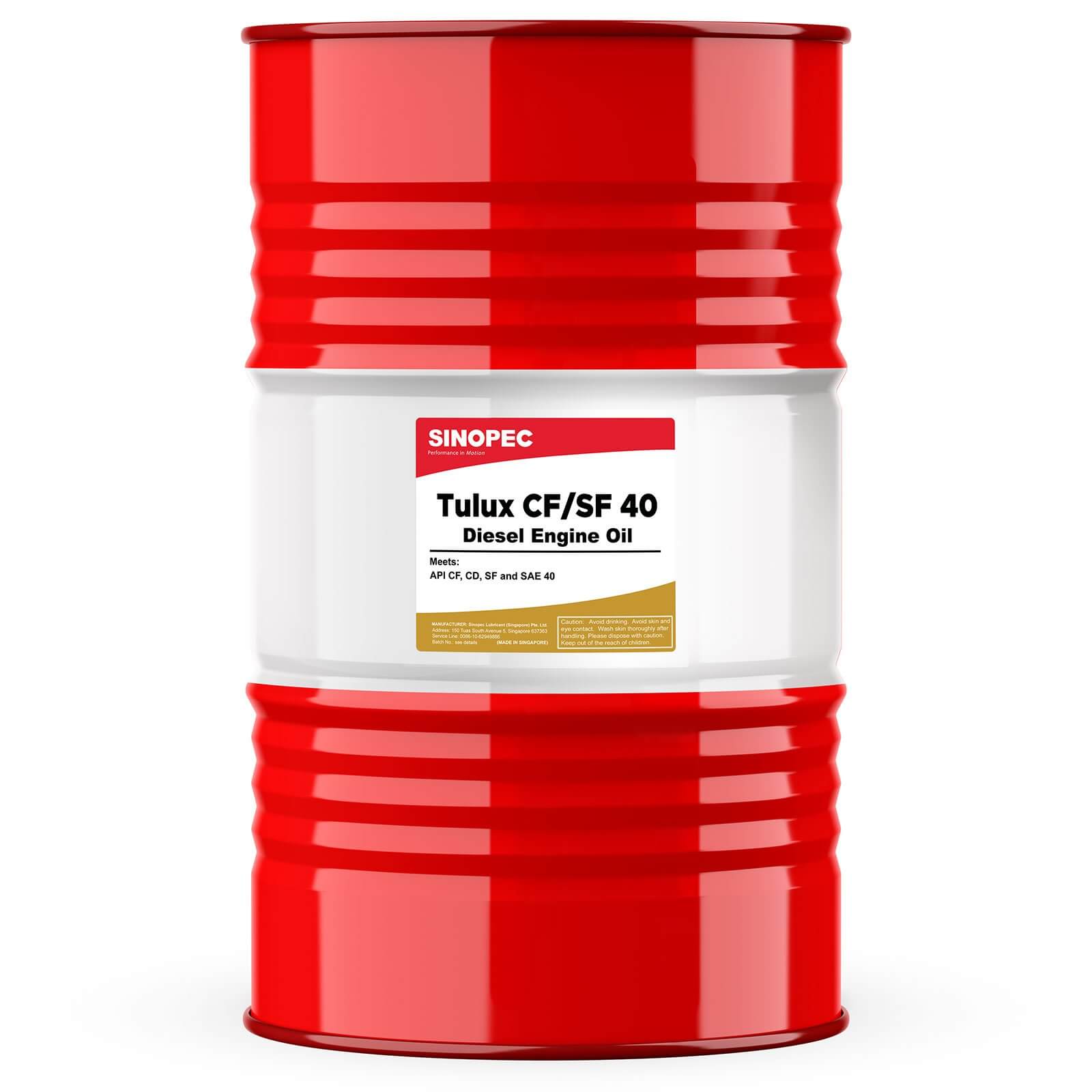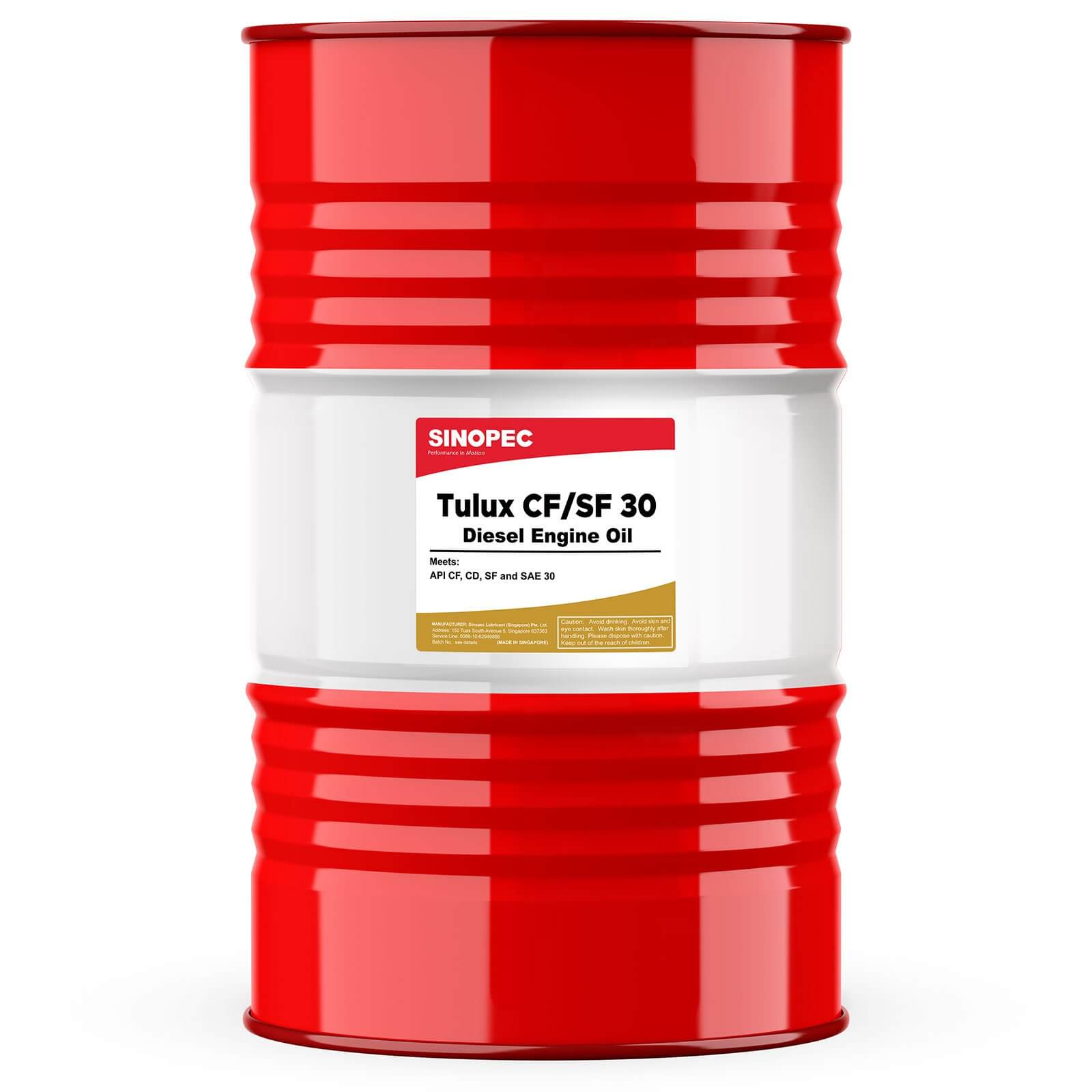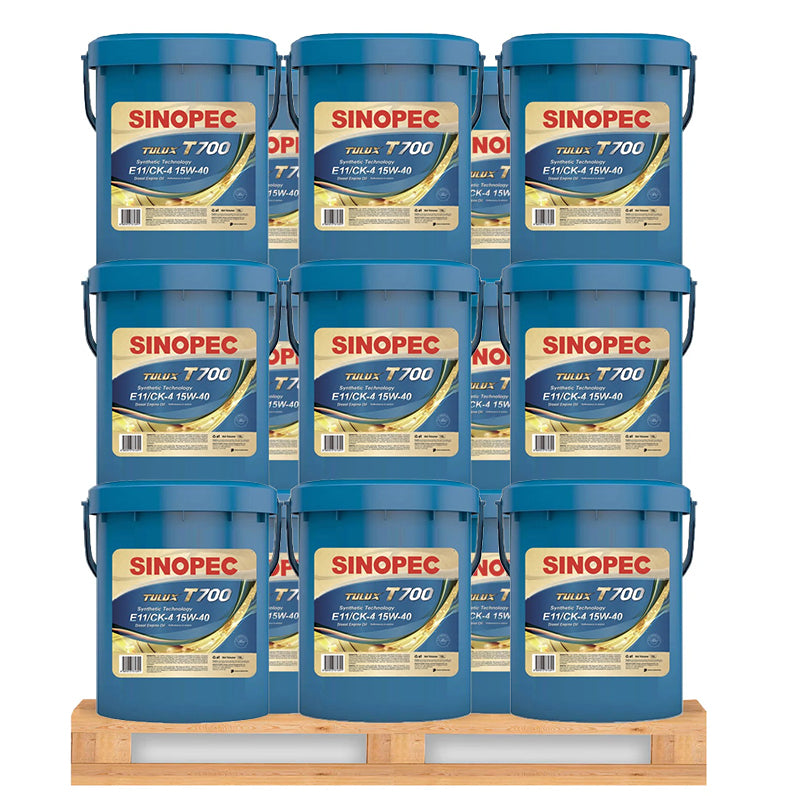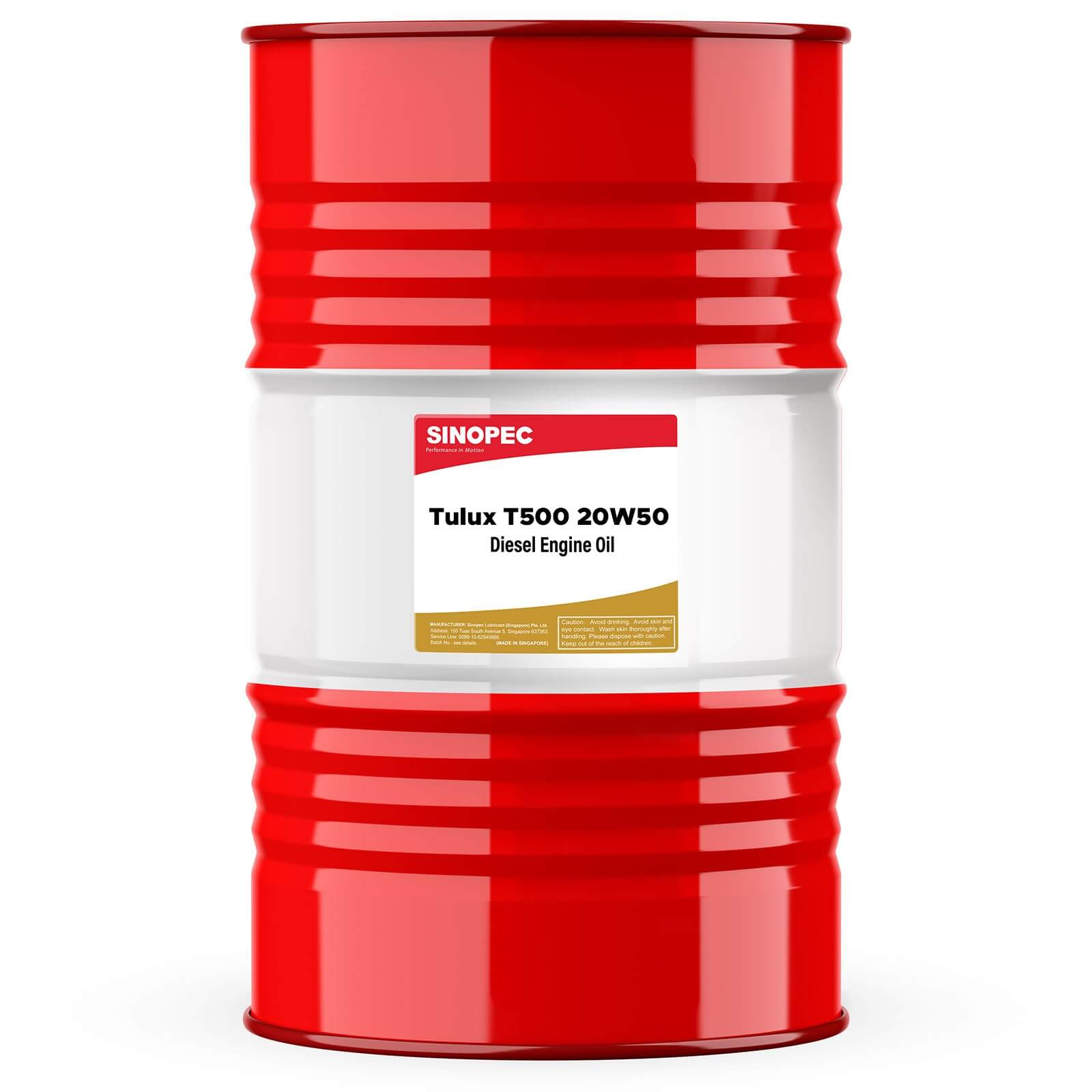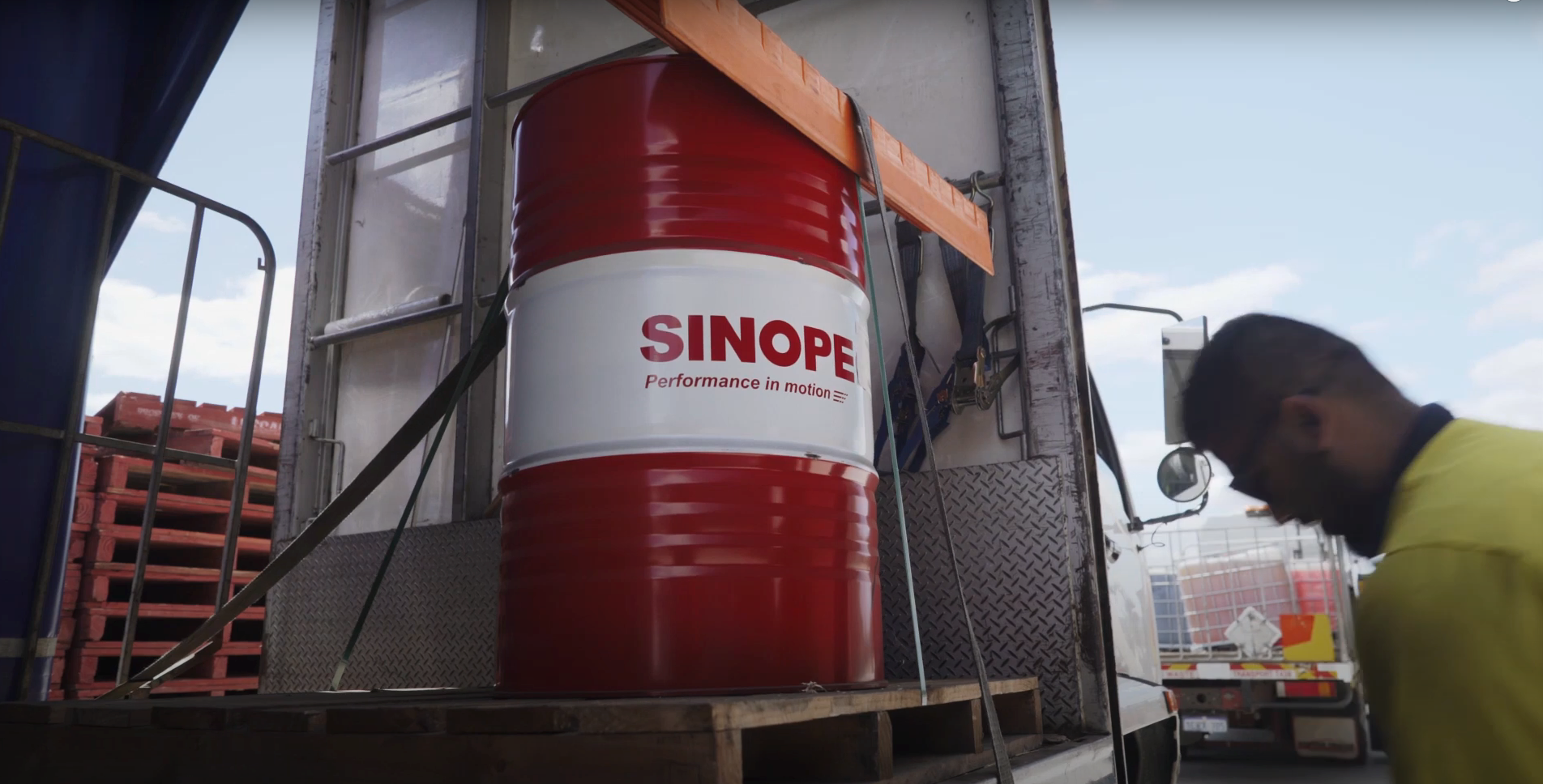Hydraulic systems are the lifeblood of many industrial operations, powering machinery and equipment across various sectors. However, excessive temperatures can wreak havoc on these systems, leading to inefficiencies, equipment damage, and costly downtime. Understanding the common causes of overheating in hydraulic systems is crucial for maintaining optimal performance and prolonging the lifespan of your equipment.
1. Fluid Contamination
Contaminants such as dirt, debris, and water can enter the hydraulic fluid and degrade its quality. This contamination can cause friction and blockages within the system, leading to increased heat generation. Regular filtration and fluid replacement are essential to prevent contamination and keep the system running smoothly.

2. Improper Fluid Levels
Both overfilling and underfilling the hydraulic fluid reservoir can cause temperature issues. Insufficient fluid levels reduce the system's ability to dissipate heat, while excessive fluid can lead to increased pressure and friction. Maintaining the correct fluid levels according to the manufacturer's specifications is key to avoiding these problems.
3. Inadequate Cooling
Hydraulic systems are equipped with cooling mechanisms, such as heat exchangers or fans, to dissipate excess heat. If these cooling components are malfunctioning or undersized for the system's workload, they can fail to keep temperatures in check. Regular maintenance and proper sizing of cooling equipment are critical to ensure effective heat dissipation.
4. High Ambient Temperatures
Operating hydraulic systems in environments with high ambient temperatures can exacerbate overheating issues. When the surrounding temperature is too high, the system's cooling mechanisms have to work harder to maintain safe operating temperatures. In such cases, additional cooling measures or environmental controls may be necessary.
5. Excessive Load or Pressure
Pushing hydraulic systems beyond their designed load or pressure limits can generate excessive heat. Overloading the system can cause components to work harder and produce more friction, leading to higher temperatures. Ensuring the system operates within its specified limits and avoiding prolonged periods of maximum load can help mitigate this risk.

6. Component Wear and Tear
Worn-out components such as pumps, motors, and valves can lead to inefficient operation and increased friction. This wear and tear can result from poor maintenance, age, or inadequate lubrication. Regular inspections and timely replacement of worn components are vital to maintaining efficient and cool hydraulic system operation.
7. Incorrect Fluid Viscosity
Using hydraulic fluid with the wrong viscosity can impair the system's performance and heat management. Fluids that are too thick or too thin for the system's requirements can cause increased resistance and friction, leading to higher temperatures. Always use the recommended fluid viscosity for your specific hydraulic system.
If you need to read more about fluid viscosity, read this article: Industrial Lubricants by weight.
8. System Design Flaws
Sometimes, the design of the hydraulic system itself can contribute to excessive heat generation. Poorly designed systems with inadequate flow paths, insufficient cooling capacity, or inappropriate component selection can lead to chronic overheating issues. Consulting with a hydraulic system design expert can help identify and rectify such design flaws.
For high-quality hydraulic oil that can help maintain the efficiency and longevity of your hydraulic systems, visit our Hydraulic Oil Collection. Our range of products is designed to meet the demands of modern hydraulic systems, providing superior performance and protection.
Read More:
- Industrial Lubricants by Weight
- Comprehensive Guide to Hydraulic System Maintenance
- Shop Our Full Line of Hydraulic Oil: Quality and Performance

